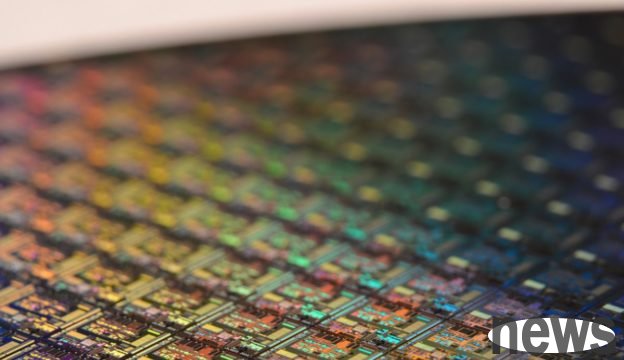
Benefiting from the continued expansion of demand in the global artificial intelligence (AI) market, South Korea's semiconductor exports are expected to hit a record high in 2025, breaking records for two consecutive years.
Yonhap News Agency reported that Moon Shin-hak, the First Minister of South Korea’s Ministry of Industry, Trade and Energy, attended a public event on the 22nd and stated that South Korea’s semiconductor exports are expected to exceed US$165 billion in 2025, higher than US$141.9 billion in 2024, setting a new high in history.
According to South Korean official statistics, from January to September this year, South Korea’s semiconductor exports have reached a cumulative US$119.7 billion, a 16.9% increase compared with the same period in 2024.
Moon Shin-hak emphasized that the Korean government will continue to support the domestic semiconductor industry and consolidate its leadership in the memory chip market. At the same time, it will accelerate the sprint for system single-chip and fabless semiconductors and narrow the gap with peers as soon as possible to maintain international competitiveness.
Song Jai-hyuk, chairman of the Korea Semiconductor Industry Association (KSIA), also called out that semiconductors are like national strategic assets and play a key role in the fields of AI and quantum computing. He hopes that the government will vigorously support the semiconductor industry and create an innovative industrial ecosystem to ensure the competitive advantage of the semiconductor industry.
Further reading: Claiming a breakthrough in 2nm process technology yield, Samsung once again sets its goal of surpassing TSMC South Korean media analyzed the economic differences between Taiwan and South Korea, saying that Taiwan would be doomed without semiconductors. Trump's tariffs have greatly reduced South Korea's exports of U.S. cars, and second-hand car exports have made up for the increase instead of decreasing.